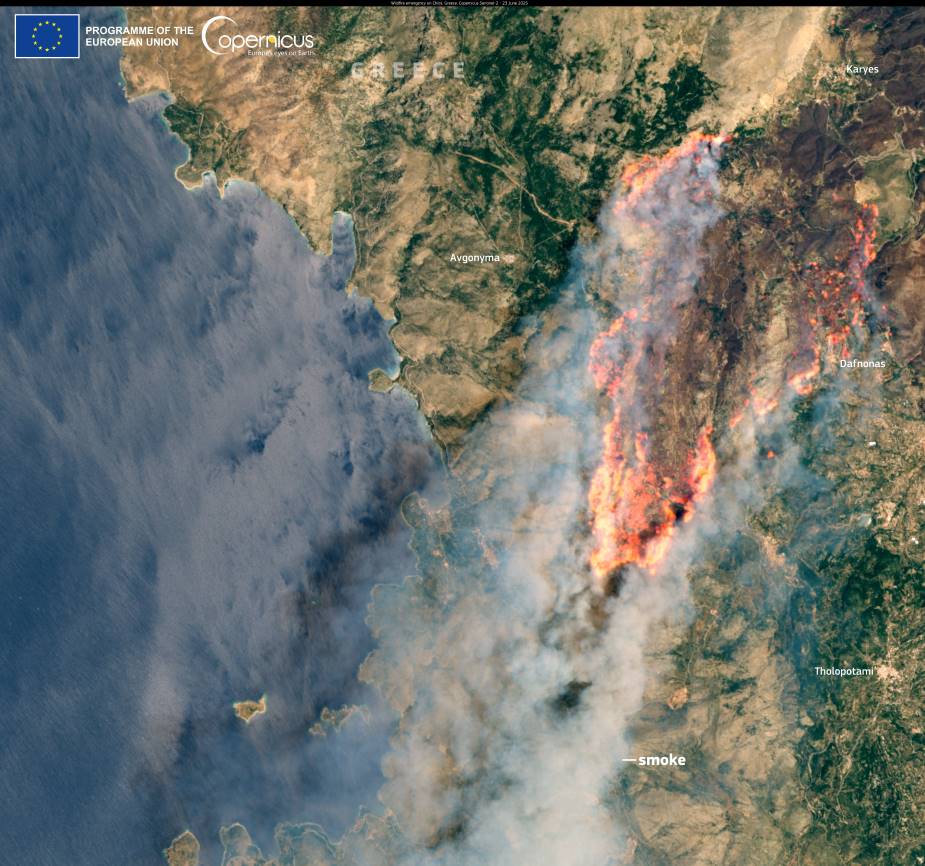Paris, France (AFP) – Azerbaijan said Friday it hopes to raise money from fossil fuel producers for green projects in developing countries as the petro-state prepares to host the world’s most important climate summit.
The proposal, announced in Baku by the hosts of November’s UN COP29 climate summit, attracted immediate criticism from activists who slammed it as “greenwashing”.
The “climate finance action fund” aimed to attract an initial $1 billion through voluntary contributions from oil, gas and coal producers.
The idea was still an “initial concept” and would not become operational until the start-up money had been found and 10 countries had signed on.
Azerbaijan, a gas-rich nation on the Caspian Sea, did not disclose how much it planned to contribute, or if other fossil fuel countries or companies had expressed any interest.
“We are calling all donors to join us,” said COP29 president Mukhtar Babayev, a government minister and former executive at Azerbaijan’s national oil and gas company.
In Baku in November, nearly 200 nations are hoping to resolve a divisive question over how much wealthy nations should pay developing countries for climate assistance.
Wealthy countries most responsible for climate change face pressure to commit more money to support poorer countries in coping with the impacts of a warming planet.
But there is strong disagreement over how much they should pay, and rich countries have pushed for large polluters like China and Saudi Arabia to also contribute.
Azerbaijan has acknowledged the lack of progress but remains optimistic that a deal can be reached when it hosts world leaders and diplomats for the marathon year-end climate talks.
‘Greenwashing’
Babayev said the proposed fund was a “significant step” toward demonstrating that countries rich in fossil fuels could take the lead in addressing climate change.
Money would be channelled into climate action in developing countries and help attract private sector interest, with profits re-invested into the fund.
If realised, the fund would be based in Baku, and entail fossil fuel producers giving annual one-off sums or payments based on volume of production.
“We have heard that communities want action, not words,” Babayev told reporters.
Li Shuo, an expert on climate negotiations at the Asia Society Policy Institute, said the proposal was an “empty shell” until it had actual money behind it.
Azerbaijan “has also set itself a daunting task of soliciting the support of some of the least progressive countries in global climate action,” he told AFP.
Joe Thwaites from the Natural Resources Defense Council said making fossil fuel producers pay was “at the core of climate justice”.
“But it’s not clear that creating a new fund is necessary given the already crowded funding landscape,” he said.
Friederike Roder, vice president at advocacy group Global Citizen, said fossil fuels were the main contributor to global warming and asking for voluntary donations would not be enough.
“What’s needed is a proper levy, not just some opaque voluntary mechanism,” she said.
Activist group Oil Change International was more scathing: “A $1 billion voluntary climate fund that gives polluters decision-making powers is greenwashing,” it said.
np-bl-chf/giv
© Agence France-Presse
Featured image credit: Fakhri Baghirov | Pexels




